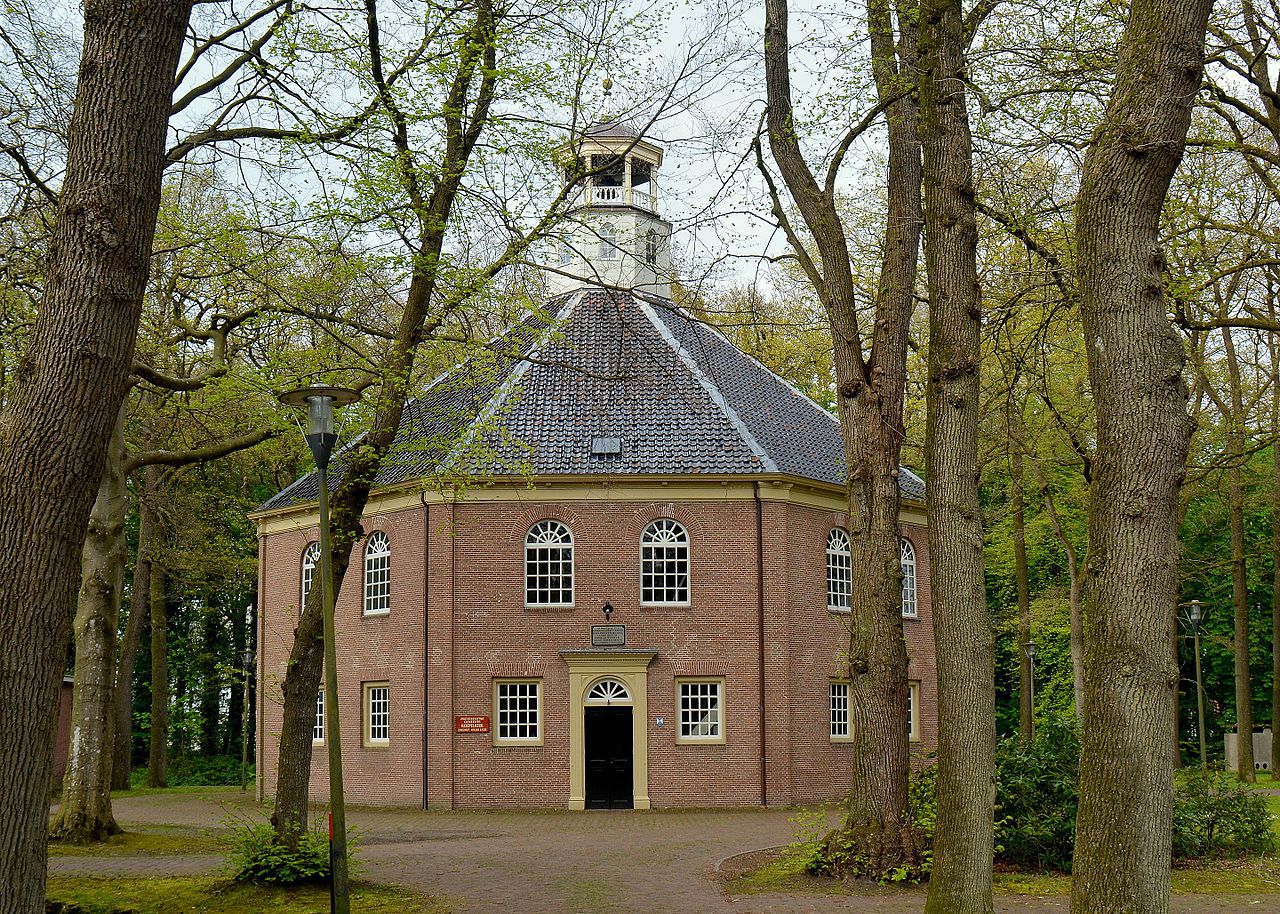On 28 April 2022, Dr Maaike de Jong gave a presentation titled ‘Heritage as a driving force of sustainable development and the topic of neutrality’ at the 2022 ENCATC Academy on Sustainable cultural management and policy. This four-day event, organized by ENCATC in collaboration with Future for Religious Heritage (FRH) and the Network of European Museum Organizations (NEMO), discussed the impact of climate change and environmental sustainability on cultural heritage management through lectures, debates, on-site visits, and other activities.

UNESCO World Heritage
De Jong presented a case study of Veenhuizen, a village in the Dutch province of Drenthe that was turned into a “reform housing colony” in the 19th century. Veenhuizen was initiated by Johannes van den Bosch who started a Society of Benevolence over 200 years ago. Poor families, beggars, and vagrants were given housing and work. They were disciplined through labor and training with the idea that they could eventually become self-sufficient. The Colonies of Benevolence are concentrated in Drenthe, Veenhuizen, Frederiksoord, and Wilhelminaoord. Due to their unique historical significance and setting, the Colonies received UNESCO World Heritage designation. The Colonies of Veenhuizen, Frederiksoord, Wilhelminaoord, and Wortel (Belgium) obtained this status in July 2021. In the 20th century Veenhuizen became a prison village. Maaike worked with the government, entrepreneurs, locals and educational institutions on several cultural heritage projects in Veenhuizen.
Neutrality
Contemporary Veenhuizen is a combination of a village that is economically dependent on a prison industry and tourism. Many people that live in Veenhuizen are, or have been working within the prison system. The transition to a tourism village is still going on and is not an easy one. Maaike explained in a vivid way how there are many successful examples of recreation and tourism in Veenhuizen, such as the prison museum or Maallust, a local brewery. On the other hand, local residents went to court to stop a successful theater performance in fear of, among other things, noise pollution and problems with parking. These tensions are an example of how heritage is never neutral, but prone to interpretation.
De Jong mentioned professor Ter Keurs (2019) for whom heritage provides people with a sense of identification and a familiar setting, but it may also foster a sense of belonging to a group as well as a sense of stability. He said that if you interfere with this legacy, you interfere with the identity of these people groups. Not just when you destroy heritage, but also when you strive to preserve it. For example, if UNESCO intends to designate something as a World Heritage site and the local community objects: ‘Stay away from this, this is our heritage because we live and work here.’
Neutrality or Network competences?
Although true neutrally is hard to achieve, De Jong ended her presentation with some advice to use network competences to bring a variety of parties to the table and work on an economic and socially sustainable heritage community. This included innovation, good listening and communication skills, problem solving qualities, work on relationship management and the development of 21th century skills such as (but not excluded to) creativity, collaboration, flexibility, initiative and social skills.
Maaike de Jong’s lecture was actively chaired by Ian King, Istituto Marangoni and Parsons (New York) part of New School who also led a lively debate with participants. Michael Parnwell, from the University of Leeds, gave an excellent lecture on Sustainable Cultural Tourism.
About the speaker

Maaike de Jong, Centre for Religion and Heritage (University of Groningen).
Maaike de Jong is an Assistant Professor at the University of Groningen Campus Fryslân / Centre for Religion and Heritage. She is also a senior research lecturer at NHL Stenden UAS. Her special interest is the role of cultural heritage and museums as a driving force of sustainable development. Her work integrates sustainability and cultural heritage in all aspects, although it is most strongly related to SDG 11: Sustainable Cities and Communities.
Moreover, Maaike de Jong works as a coordinator of the Network for Religious Heritage, a network in collaboration with FRH, Dutch and international heritage organizations, as well as university partners from around the Netherlands. The Network hosts a series of workshops in which scholars and heritage professionals discuss the most recent issues in heritage with university students and members of the public. The Network also facilitated a summer school in 2021 and internships. This network’s goals are threefold: to bring top heritage researchers into discussion with churches, museums, secular church foundations, and government agencies; to teach the next generation of heritage professionals; and to do cutting-edge research into religious cultural heritage.





Follow us: